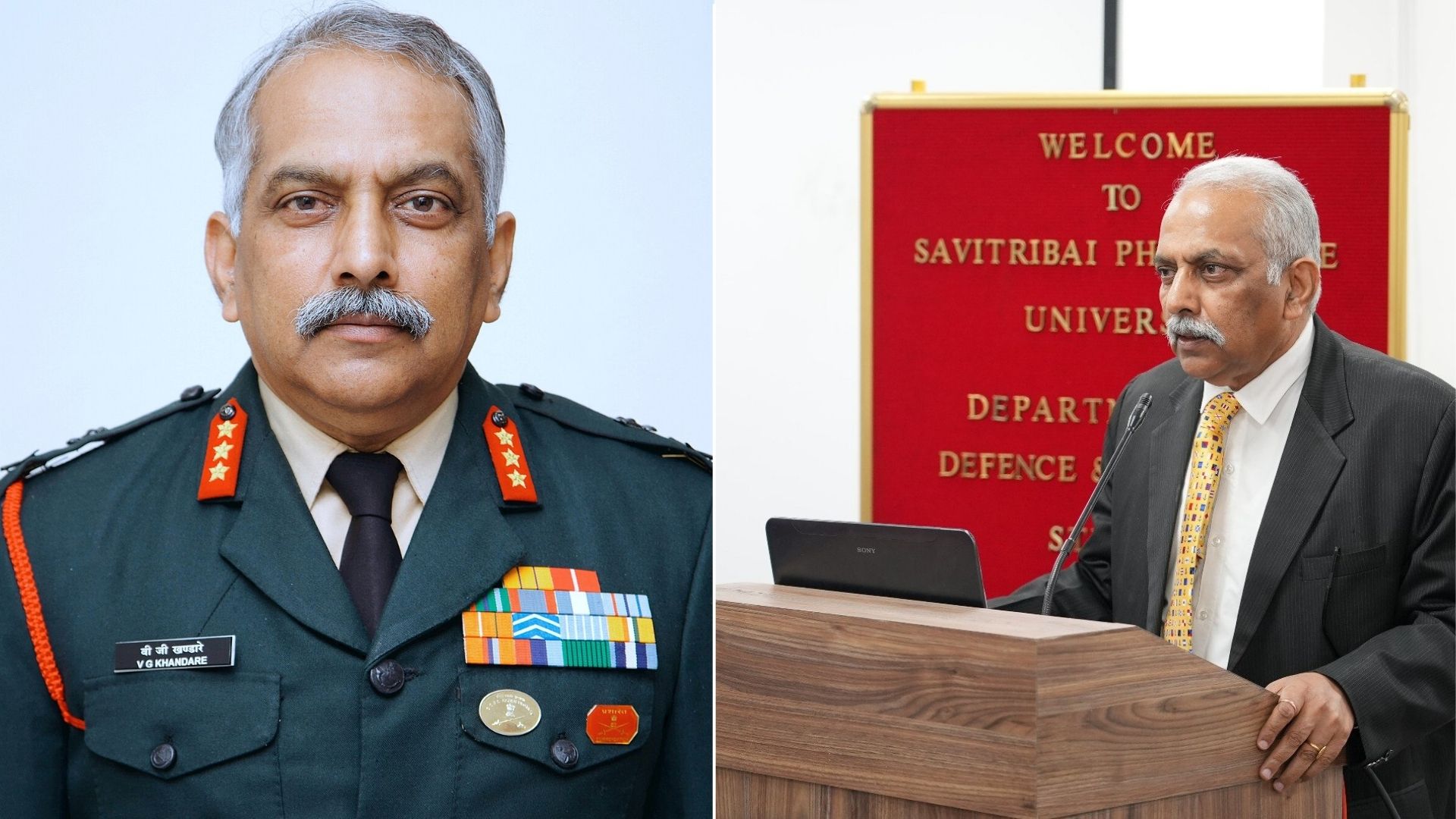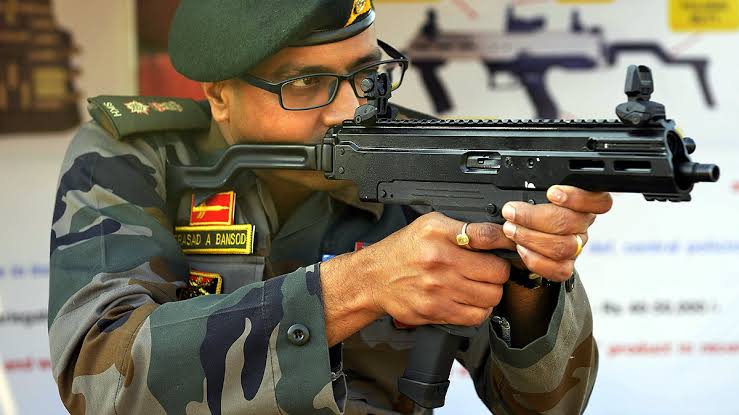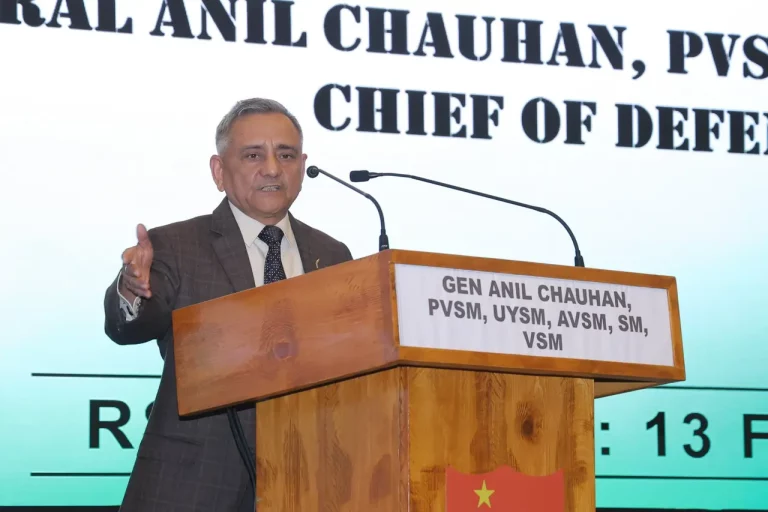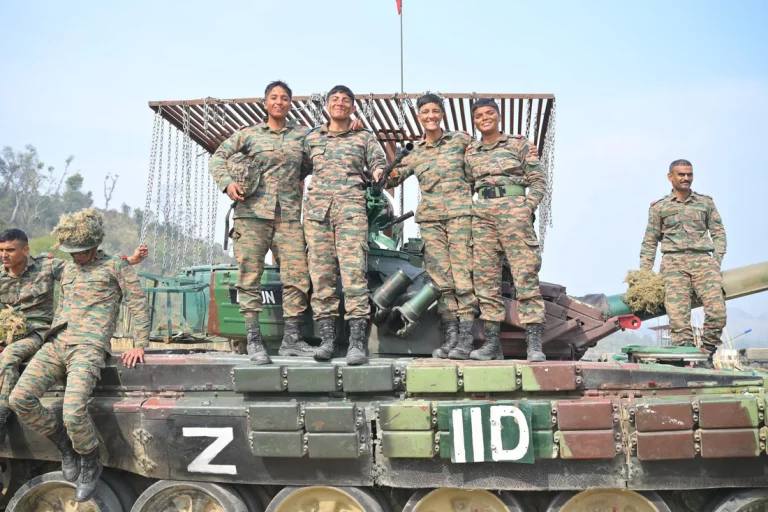At a recent CNN-News18 Defence Townhall, Lieutenant General Vinod G Khandare (Retd.), former Principal Adviser to the Ministry of Defence, delivered a critical analysis of Chinese military equipment, particularly its exports to Pakistan. His commentary raised significant concerns regarding the reliability and effectiveness of China’s defense platforms, many of which lack real-world combat validation.
Khandare pointed out that while systems such as the JF-17 Thunder fighter jet and the PL-15 air-to-air missile might seem technologically advanced, their actual performance remains largely untested. He argued that this absence of combat experience presents a strategic vulnerability for Pakistan, which relies heavily on Chinese arms for its military capabilities.
The retired general put forth the idea that China may be using Pakistan as a testing ground for unproven military technologies, suggesting, “China gives them [Pakistan] these systems so they can be tested, and the Chinese can learn from the mistakes.” This implies a tactic where the Chinese military-industrial complex offloads experimental systems onto Pakistan to gather data and improve its own products.
Khandare also delved into broader issues within the Chinese defense sector, referencing a recent purge of senior generals in the People’s Liberation Army (PLA). He noted that these dismissals were linked not only to financial corruption but also to the production of substandard weapons. This, he argued, highlights a penchant for rapid military modernization without adequate quality control, further eroding the credibility of Chinese military hardware.
The concerns raised by Khandare reflect deeper structural weaknesses in China’s defense production system. For a country like Pakistan, which relies on Chinese equipment to offset India’s military supremacy, these vulnerabilities could lead to significant strategic repercussions in any potential conflict.
Khandare’s insights serve as both a warning and a lesson for Indian defense strategists. While advanced Chinese military systems in Pakistan’s arsenal may appear daunting, their lack of practical combat testing could offer India a strategic advantage should hostilities arise. However, he urged Indian defense planners not to fall into complacency.
As China persists in bolstering its military-industrial capabilities and fortifying its alliance with Pakistan, Khandare emphasized the need for India to respond proactively. This involves investing in proven technologies, enhancing indigenous defense production, and maintaining a vigilant assessment of evolving threats in the region.







